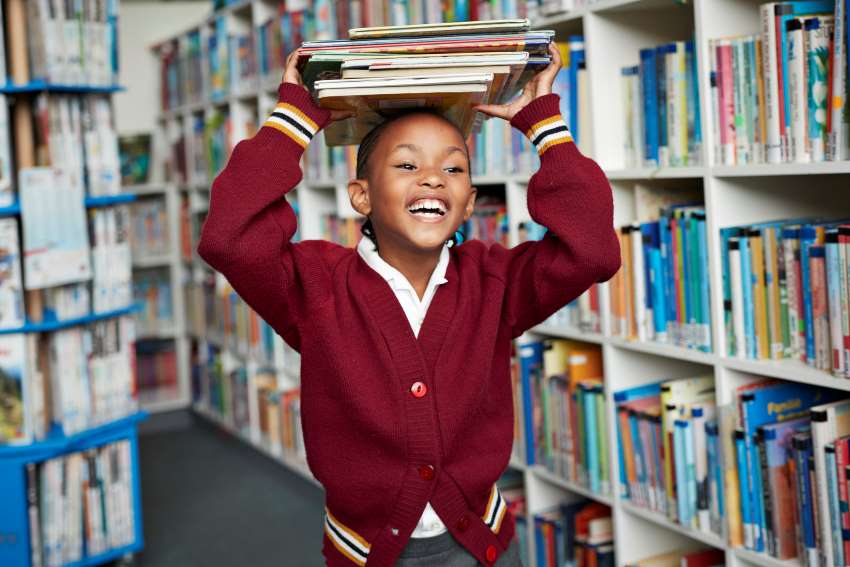TWO YEARS since schools closed to most pupils, younger children’s learning is showing no sign of recovery, according to one of the largest reports into the impact of the pandemic on primary school children which was released today.
Children in Year 3 (aged 7- 8 years old) experienced a steeper drop in their learning during the Covid crisis than older primary school children, and the pandemic has delayed their recovery more severely.
The Juniper Education National Dataset Report, March 2022 – The impact of the Covid-19 pandemic on primary school children’s learning examines teacher assessment data from over half a million pupils representing more than 6,000 primary schools.
It looks at the percentage of pupils achieving, or exceeding, what is expected for their age (age related expectations) for all pupils who were in primary school at the start of the pandemic – the current Years 3 through to 6.
The data compares their attainment in reading, writing and maths with pre-pandemic levels.
Youngest worst affected

The report reveals that nearly one in three of all Year 3 children has not met age related expectations in reading, writing or maths compared with around just one in five before the pandemic, when these pupils were in Year 1. In autumn 2019, 82% of Year 3 pupils achieved age related expectations in reading, 79% in writing and 83% in maths. Two years later these figures have dropped to 68%, 58% and 69% of pupils respectively.
Frazer Westmorland, headteacher of Mundella Primary School in Kent, said: “The huge disruption of the pandemic means that many children haven’t had the opportunity to rehearse the routines, skills and social aspects of learning which they normally develop in Key Stage 1. So by the time those children reach the middle years of primary school, they are struggling to find their feet.
“This report provides a strong evidence base from which schools can direct their strategy and resources to support the pupils in greatest need and help them make the most of the years ahead.”
Recovery slowest in youngest pupils
The report indicates that not only has younger children’s learning suffered the most during the pandemic, but it is also yet to show signs of recovery. The number of Year 3 pupils working at age related expectations has fallen progressively from pre-pandemic levels right through to autumn 2021.
However, there are some early signs of recovery in the older year groups with a slight uplift in attainment during the autumn term. Year 6 reading attainment increased from 70% in summer 2021 to 73% in autumn 2021. Writing attainment rose from 60% in summer 2021 to 63% in autumn 2021, and maths went up from 67% to 70%
Youngest pupils with SEN fall further behind their peers
The pandemic has raised new barriers for children with SEN, with the gaps widening between children with SEN and their classmates, particularly in Year 3. In 2019, the gap in attainment for Year 3 pupils with SEN in reading was 29 percentage points. Two years later, the gap has grown to 45 points.
Writing is the subject most affected

Of the three core primary subjects, writing suffered the most from the pandemic. All year groups in the study saw steeper drops in writing than in reading or maths. The biggest fall in writing attainment was for Year 3, with only 58% of children where they should be for their age in writing compared with 79% prior to the pandemic.
Inequalities growing between disadvantaged pupils and their peers
The Covid crisis has exacerbated inequalities by widening the attainment gap between children from disadvantaged backgrounds and their classmates. In autumn 2019, 68% of disadvantaged children (those who qualified for Pupil Premium) met age related expectations in maths compared to 82% of their peers – a 14-point gap. By autumn 2021, only 55% of disadvantaged children were reaching expectations for their age in maths, a gaping 20 points behind their peers.
Report author and former primary head, Stephan Nicholls, who works as an education consultant for Juniper Education, said: “The past two years have been exceptionally disruptive to children’s education, and Year 3 children – whose last normal year of schooling was when they were in Reception – have suffered the most from the pandemic.
“While the report brings sobering news, there are glimmers of hope that older children are already taking the first steps towards recovery in their attainment.”
The report can be viewed at https://junipereducation.org/resource/downloads/national-dat…


Comments Form